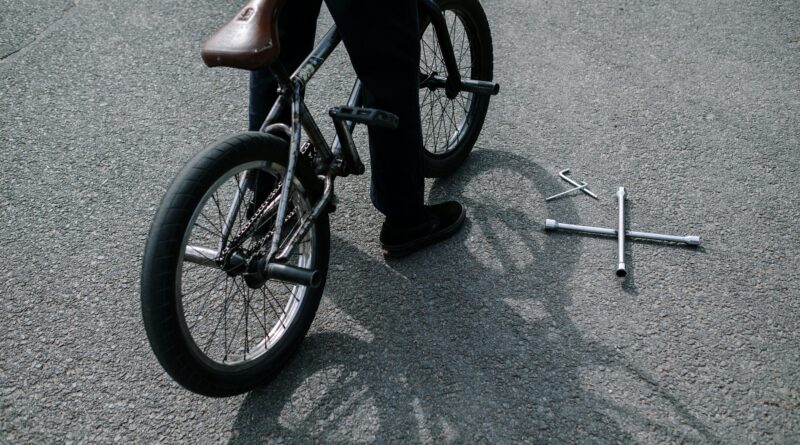How to Protect Your Legal Rights After a Bicycle Crash
Experiencing a bicycle crash can leave you with expensive medical bills, not to mention the need to replace your bike. On top of that, you’ll have to navigate the complexities of insurance claims and the legal system.
Whether you’re a seasoned cyclist or head out for fun on the weekends, understanding how to protect your rights is essential. This article will help you get through the aftermath of a bicycle crash so you can handle insurance claims and legal matters effectively.
Take immediate action
Your safety and well-being are top priority after a bicycle accident, so don’t hesitate to see a doctor. It’s essential to get checked out by a medical professional (and not your retired nurse neighbor) because you’ll need official documentation, including procedure and diagnosis codes, to pursue a claim. Once you’ve taken care of your physical well-being, there are a few more things you need to do.
Call a personal injury lawyer
Even if you plan to go through insurance directly, contact a lawyer right away. A personal injury attorney who specializes in bicycle accidents can review your case details and tell you what your case is worth. Even if you don’t file a lawsuit, a lawyer can help you negotiate a settlement with the insurance company.
It’s not easy to negotiate a claim on your own. Lawyers are expert negotiators and can push back when the insurance company sends you a lowball offer.
As a personal injury victim, your compensation will be based on a variety of factors, whether you negotiate with insurance directly or file a lawsuit. Some of these factors include:
- Missed work and future lost wages
- Your ability to return to work
- Actual medical expenses and future needs
- Property damage
- Pain and suffering
- The severity and nature of your injuries
- Your insurance policy limits
- Your percentage of fault
- And more
With so many factors to consider, trying to negotiate without a lawyer makes it hard, if not impossible, to get compensated fairly. A lawyer will take all factors into account and use their experience to determine what your case is worth.
Document your evidence
In the moment, you might feel overwhelmed and want to rest, but don’t wait to start gathering your evidence. For example, if you plan to fix your bicycle, take numerous detailed photos from every possible angle first. If possible, wait to get it fixed until you’ve settled your claim, just in case you’re asked to provide another close-up of a certain part of your bike. The presence or absence of certain kinds of damage might make a difference. If you don’t capture everything adequately in photos before you fix your bike, it could hurt your case.
Don’t forget to file a police report and request a copy. It’s a little harder to pursue a bicycle accident claim without a police report.
Notify your insurance company
Your insurance company needs to know about your accident as soon as possible. Delays can drag out the claims process and make it harder to complete. Insurance companies typically see big reporting delays as red flags for potential fraud.
When you talk to your insurance company, avoid speculating about fault and avoid discussing anything other than the facts of the situation. An innocent statement can sound like an implied admission of guilt.
Your insurance company will tell you if your accident is covered under your policy, and if so, what they will pay out. Make sure what they tell you matches what’s in your written policy documentation.
Be extra cautious with a third-party insurance company
If a driver or pedestrian is at fault, you can file a claim with their insurance company for your injuries and property damage to your bike. However, be careful with your statements. Never admit fault or provide a recorded statement without advice from a lawyer.
Keep records of all communications you have with insurance reps, including the times, dates, and content of conversations.
Consider comparative fault
Some states have comparative negligence laws that change compensation based on shared fault. If it’s determined that you’re partially at fault, your compensation will be reduced by an equal percentage. For example, if you’re found to be 25% at fault, your compensation will be reduced by 25%.
Pursue your claim with confidence
Being injured in a bike accident can shake you, but don’t let that stop you from moving forward. By acting quickly, gathering thorough documentation, and securing a lawyer, you can protect your rights and get compensated fairly for your injuries.
I’m a single mother of 2 living in Utah writing about startups, business, marketing, entrepreneurship, and health. I also write for Inc, Score, Manta, and Newsblaze

